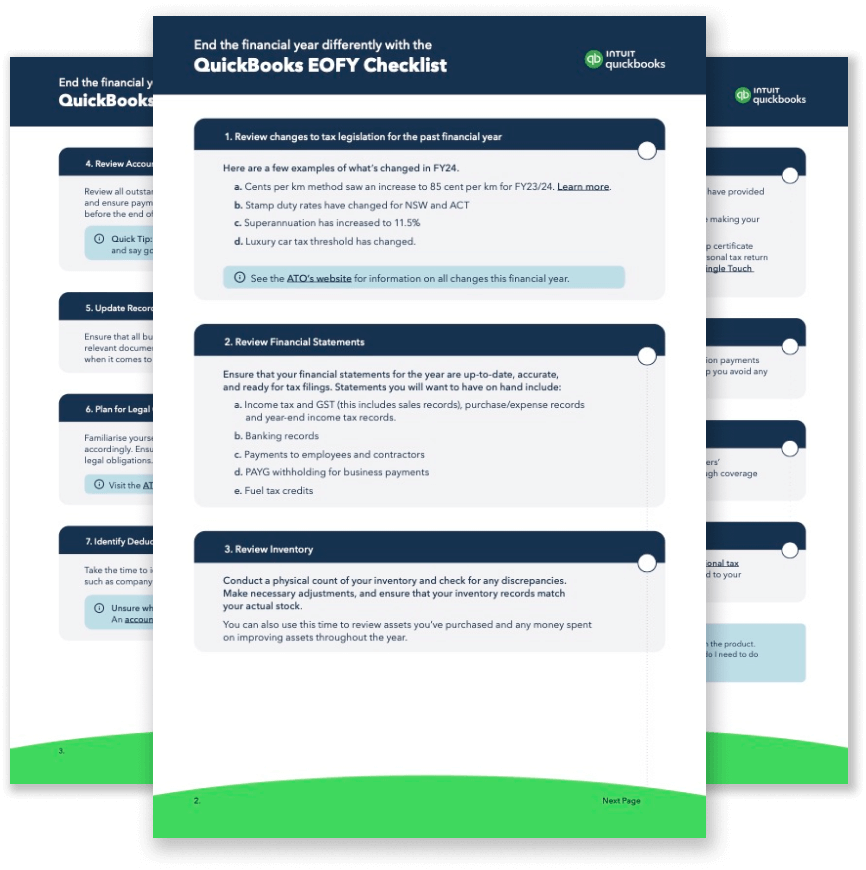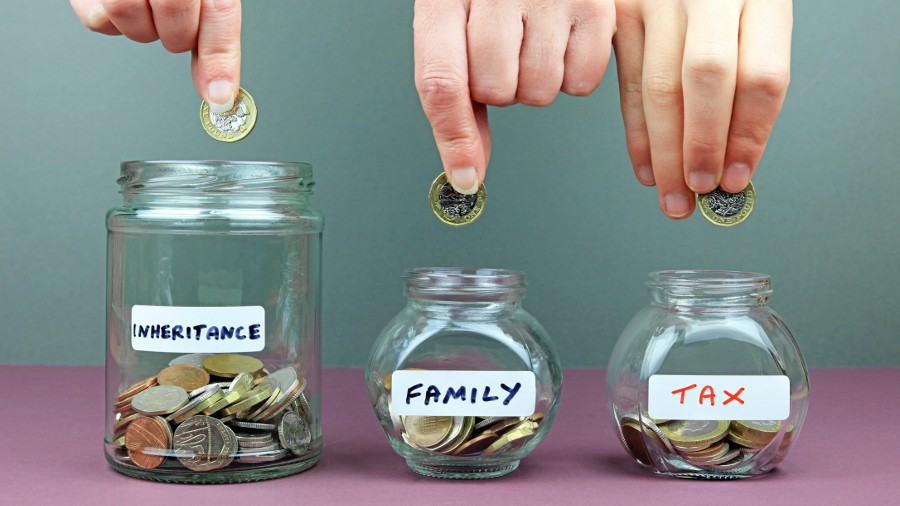What are Prepaid Expenses?
Prepaid Expenses Definition
Prepaid expenses refer to payments made by a business for goods or services that they expect to receive in the future. Essentially, the payment is made in advance for something that the business will use or consume later.
Prepaid expenses are recorded as assets on a company's balance sheet until the related goods or services are received, at which point the asset is reduced and the expense is recognised.
Examples of common prepaid expenses include:
- Rent payments: A business may prepay rent for several months or even a year.
- Insurance premiums: Businesses often pay for insurance policies in advance.
- Subscriptions and memberships: A business may prepay for a subscription to a service or a membership in an industry association.
- Software licenses: A business may prepay for software licenses for a defined period.
- Advertising expenses: A business may prepay for advertising space in a magazine or on a website.
Prepaid expenses are recorded on the balance sheet as assets because the business has made a payment that gives them the right to receive the goods or services in the future. As the goods or services are consumed or used, the asset is reduced, and the expense is recognised.
Prepaid expenses are typically classified as current or long-term assets, depending on how long they are expected to be held. Current asset prepaid expenses are expected to be consumed or used within one year, while long-term asset prepaid expenses are expected to be used or consumed over more than one year.
Prepaid expenses have several benefits for businesses, including:
- Improved Cash Flow Management: Prepaying for expenses allows businesses to smooth their cash flow by paying in advance for expenses that will be incurred in the future. This can help businesses better manage their cash flow and avoid cash shortages.
- Better Expense Planning: Prepaid expenses allow businesses to better plan and forecast future expenses. By prepaying for expenses, businesses can more accurately predict and budget for future expenses and better manage their overall finances.
- Improved Financial Reporting: Recording prepaid expenses as assets on the balance sheet provides a clearer view of a business's financial position. It also enables businesses to accurately track and report expenses over time and allows investors, creditors, and other stakeholders to better understand the financial position of the business.
- Potential Cost Savings: Prepaying for expenses can sometimes result in discounts or other cost savings. For example, businesses that prepay for insurance policies may receive a lower rate than those who pay monthly.
It's important to note that while recording prepaid expenses as assets can provide short-term financial benefits, businesses must carefully manage and track these expenses to ensure that they are not overstating their financial position.
Additionally, businesses must determine the appropriate period over which to expense the prepaid expense.









